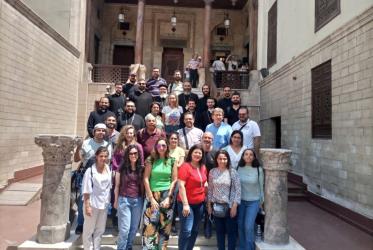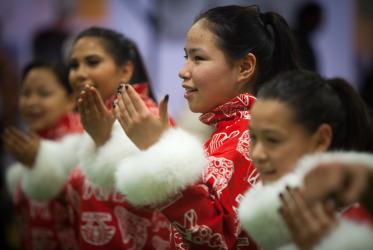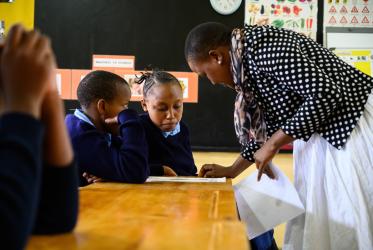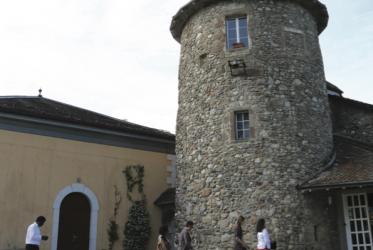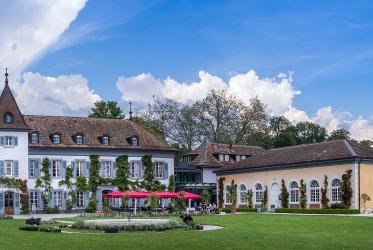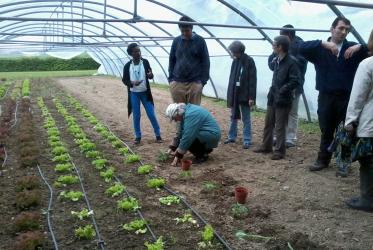Displaying 1 - 16 of 16
WCC institute encouraged rethinking theology
23 November 2023
Christ’s Love (Re)moves Borders – GETI 2022 in images
13 September 2022
Bossey transforms the life of ecumenical students
29 January 2019
Bossey commended by University of Geneva
02 February 2018
Understanding justice and peace as Christian pilgrims
15 January 2015
Christians are "called to care for creation"
11 August 2010


